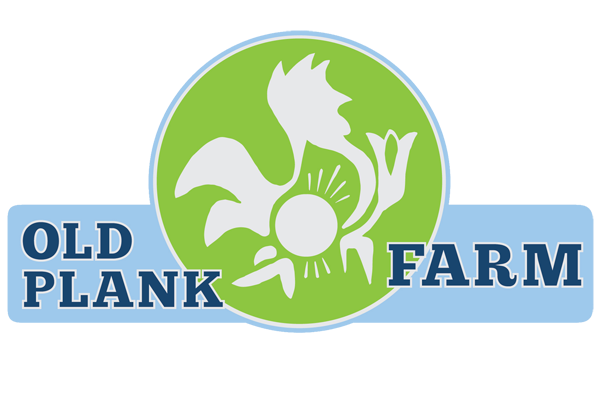I stood in the back of the box truck with the overhead door open, looking out and surveying my surroundings. The gravel drive was below me, soft and muddy from the recent snowmelt. It leads out to the quiet county road which you can take a half mile south into town or a half mile north to the state highway. The farm is well situated on the edge of Plymouth. I could see several of my neighbors’ houses and tidy front yards from where I was standing. Around the side of the truck and across my own unkempt yard was my barn, the weathered boards not yet repainted red. Nobody else was in sight that morning. At times like these I would have liked to have a manual for my farm, but farms don’t come with manuals. I had driven the truck home and was about to unload it. The liftgate--a moveable platform mounted off the back--is a handy mechanism for loading and unloading heavy cargo from the truck bed down to the ground, a distance of about shoulder height on an average person. But I wasn’t having a problem with the liftgate. It is easy to raise and lower by holding a button on the side of the truck. I didn’t need a manual to know how that works, nor one to drive the truck. The problem was my cargo. It was staring at me in a discomforting manner, and my own two feet were outnumbered by eight agitated hooves.
Moose was a goat who looked like a deer. The chestnut brown hair on her back was cloaked with fresh white spots like those of a fawn, although she was full grown and carrying babies of her own. She was a mix of goofy, whiny, and clumsy. Lucy was a goat who acted like a crab. I’m sure she had plenty of good qualities, too, but those aren’t the ones I remember. It’s the clang of the metal milking pail as she kicks it over that rings through my mind when I think of her. They were both dairy animals that I brought home in the spring of the farm’s second season. Back then I was attempting to grow and sell vegetables single-handedly. Although if you count the fact that my left hand and my right hand can do many of the same tasks interchangeably and simultaneously, one could stretch the farm labor situation to say that it was like there were two people. Except my left hand couldn't milk the goats while my right hand picked the cukes. Another brain around the place might have been nice, too, to talk me out of trying to do as much. But it was the time of year when the air began to shake off its winter chill and each extra moment of daylight infused me with energy to match. It was the season for putting winter ideas into action.
One reason I wanted the dairy animals, aside from a source of raw milk, was to bring a year-round routine to farm life. Without other people or pets there was no steady presence on the farm. Raising plants in Wisconsin is anything but routine. The only constant in a vegetable grower’s work is the constant change day to day as the seasons come and go and take along the plants and people.
The twice daily feeding and milking of Moose and Lucy brought rhythm to the farm for the couple of years the goats lived here. I won’t dwell on the slow, stable drain to my energy and bank account. And in fact, I don’t. I even look forward to when we will once again have dairy animals at Old Plank Farm, but a few things need to be different the next time around. Someone else has to be living at the farm to share the responsibility, and we’ll need to make our own hay to save on feed costs. And another thing is we will be hiring someone with an animal trailer to bring the two hypothetical ladies home when the time comes. It turns out that it is unwise to ask your new goats to use the liftgate of a truck. And unwiser still if you are the only person around and therefore you have to be the goats’ liftgate-riding mentor and the liftgate switch operator at the same time.
Getting the goats up into the truck at the previous owner’s farm was deceptively manageable thanks to the help of the people who lived there. Back home and alone with my new companions, I found myself treading on doubt. A liftgate platform is large enough to hold a pallet, one of the most common things we unload from trucks. Standing on it is not hard. Riding slowly down on it is not hard. But communicating this to both pairs of impassable eyes and all those spring-loaded hooves? All I knew for certain that day is what goes up must come down.
..To be continued..
Next week: “#7 Moose and Lucy, part 2: Liftgating a Goat”
Farmside Stories is a weekly short story collection included in each newsletter, written by Stephanie about the early years at Old Plank Farm. New to the newsletter? Click here for the Stories Introduction. Want to receive the free newsletter? Join our mailing list by entering your email on the form at the bottom of this page.

